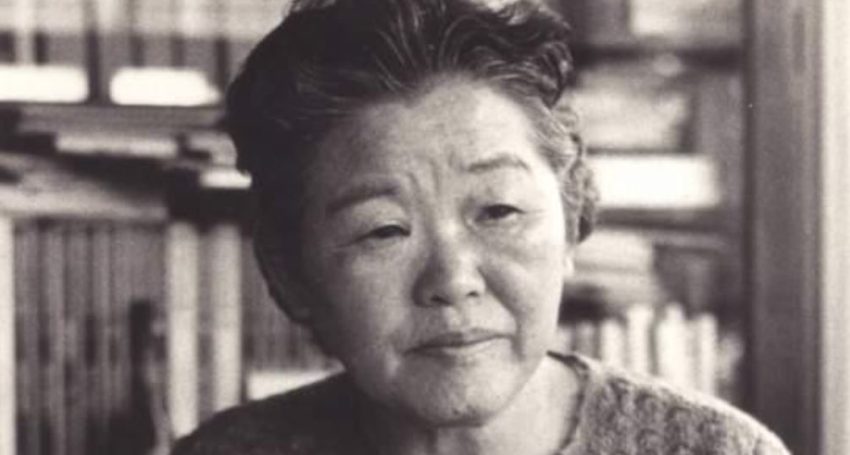''Let Us Be Midwives!''
Justice & Advocacy
“After World War II the Geneva Conventions were developed in part to establish, as part of international law, that the bombing of civilian facilities is illegal. Russia is breaking this piece of international law on a daily basis in Ukraine,” says The Very Rev’d Dr Peter Catt

Night in the basement of a concrete structure now in ruins.
Victims of the atomic bomb jammed the room;
It was dark—not even a single candle.
The smell of fresh blood, the stench of death,
The closeness of sweaty people, the moans.
From out of all that, lo and behold, a voice:
“The baby’s coming!”
In that hellish basement,
At that very moment, a young woman had gone into labour.
In the dark, without a single match, what to do?
People forgot their own pains, worried about her.
And then: “I’m a midwife. I’ll help with the birth.”
The speaker, seriously injured herself, had been moaning only moments before.
And so new life was born in the dark of that pit of hell.
And so the midwife died before dawn, still bathed in blood.
Let us be midwives!
Let us be midwives!
Even if we lay down our own lives to do so.
Advertisement
Sadako Kurihara, Umashimenkana (‘’Let Us Be Midwives!’’), translated by Prof. Richard Minear
Sadako Kurihara was a survivor of the bombing of Hiroshima. She died in 2005.
Umashimenkana (‘’Let us be midwives’’) is a poem she wrote following the bombing. It portrays a scene she experienced while sheltering in the basement of the Sendamachi post office after the bombing.
In real life a young woman did go into labour and was tended by an injured midwife. In the poem the midwife dies to serve Kurihara’s poetic purpose.
In reality, the midwife, although injured, did survive. Later she met the child she had delivered.
This coming Sunday will be the 78th anniversary of the bombing of Hiroshima. The numbers killed by the bomb are difficult to process:
- 70,000 killed on the day.
- 100,000 dead by the end of 1945.
- 200,000 dead by 1950.
Most of those killed were civilians.
There are many ethical issues associated with the bombing that are still the subject of debate all these years later. The bombing of civilians was one of the more contentious aspects of the bombing.
After World War II the Geneva Conventions were developed in part to establish, as part of international law, that the bombing of civilian facilities is illegal. Russia is breaking this piece of international law on a daily basis in Ukraine.
Advertisement
In Umashimenkana, Sadako Kurihara invites us to be life-givers and life-enablers in the face of terror and violence. Her call on us to be midwives is profound. May we each be a mid-wife for peace.
On Sunday there will be a rally at 2pm in King George Square in support of peace as we mark the 78th anniversary of the horror visited upon Hiroshima.
Peace,
Peter+
First published in the St John’s Cathedral Precinct e-news on 31 July 2023.
Editor’s note: The Geneva Conventions was a series of international treaties concluded in Geneva between 1864 and 1949 for the purpose of ameliorating the effects of war on soldiers and civilians. Two additional protocols to the 1949 agreement were approved in 1977.






